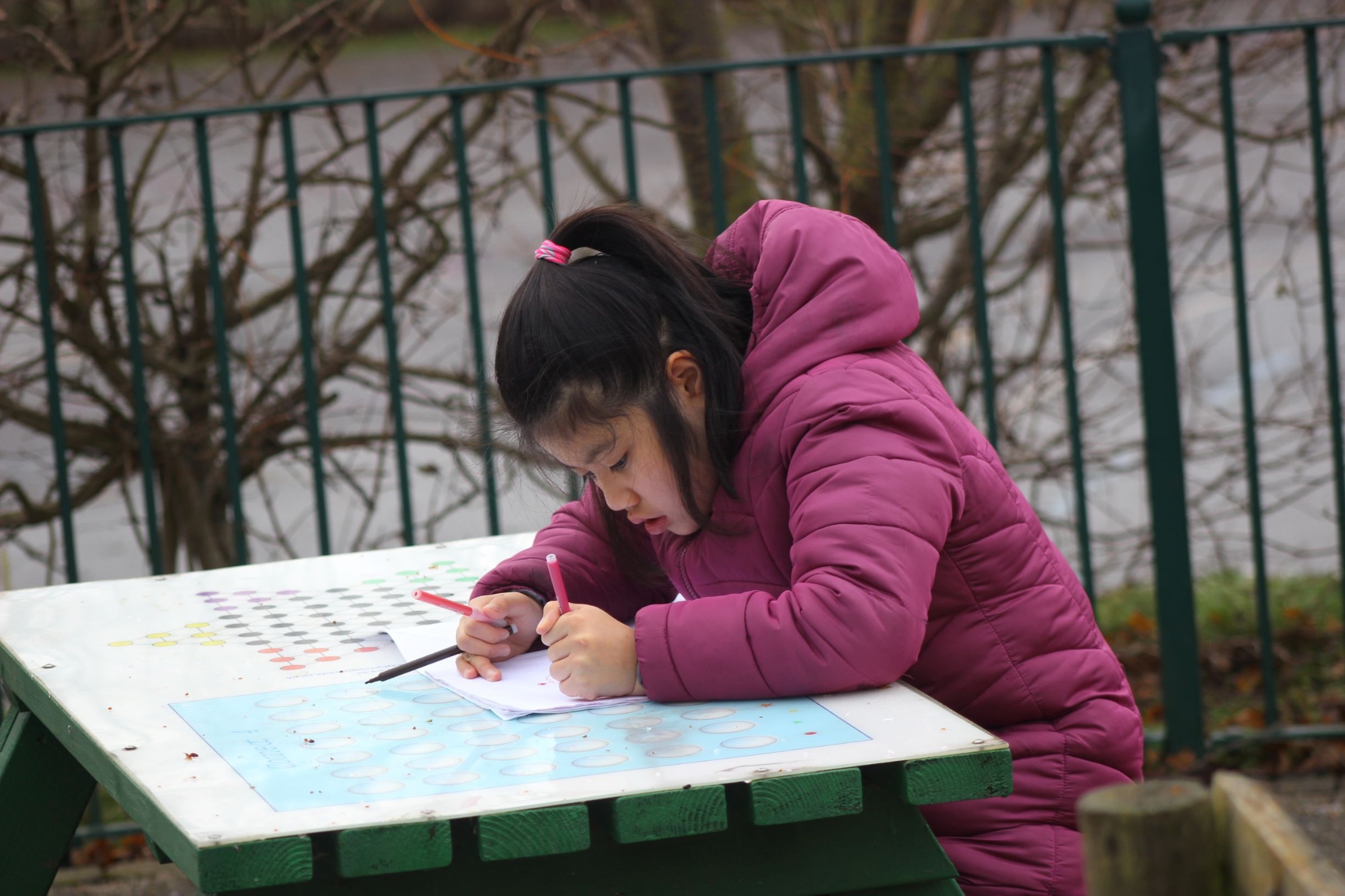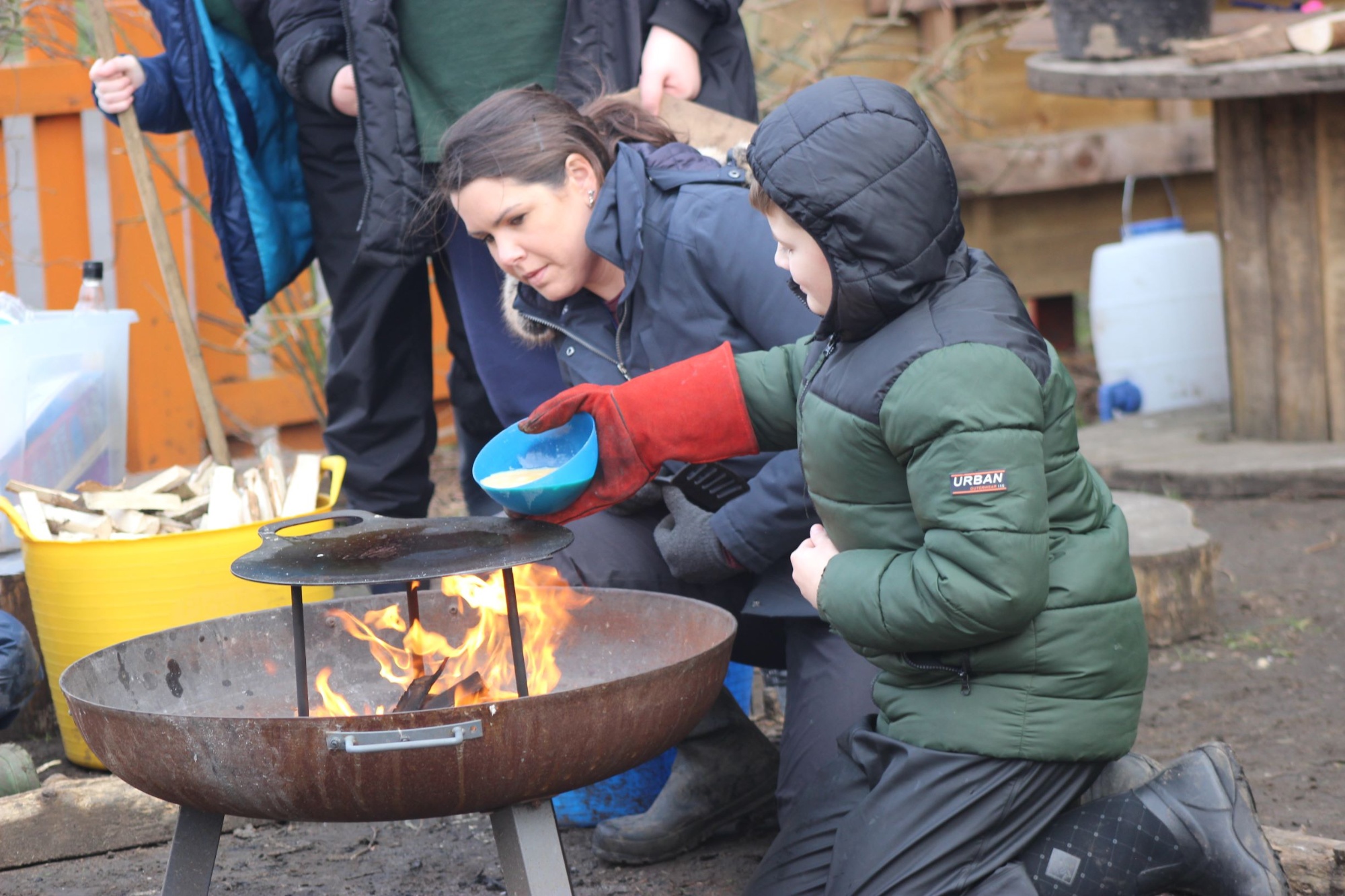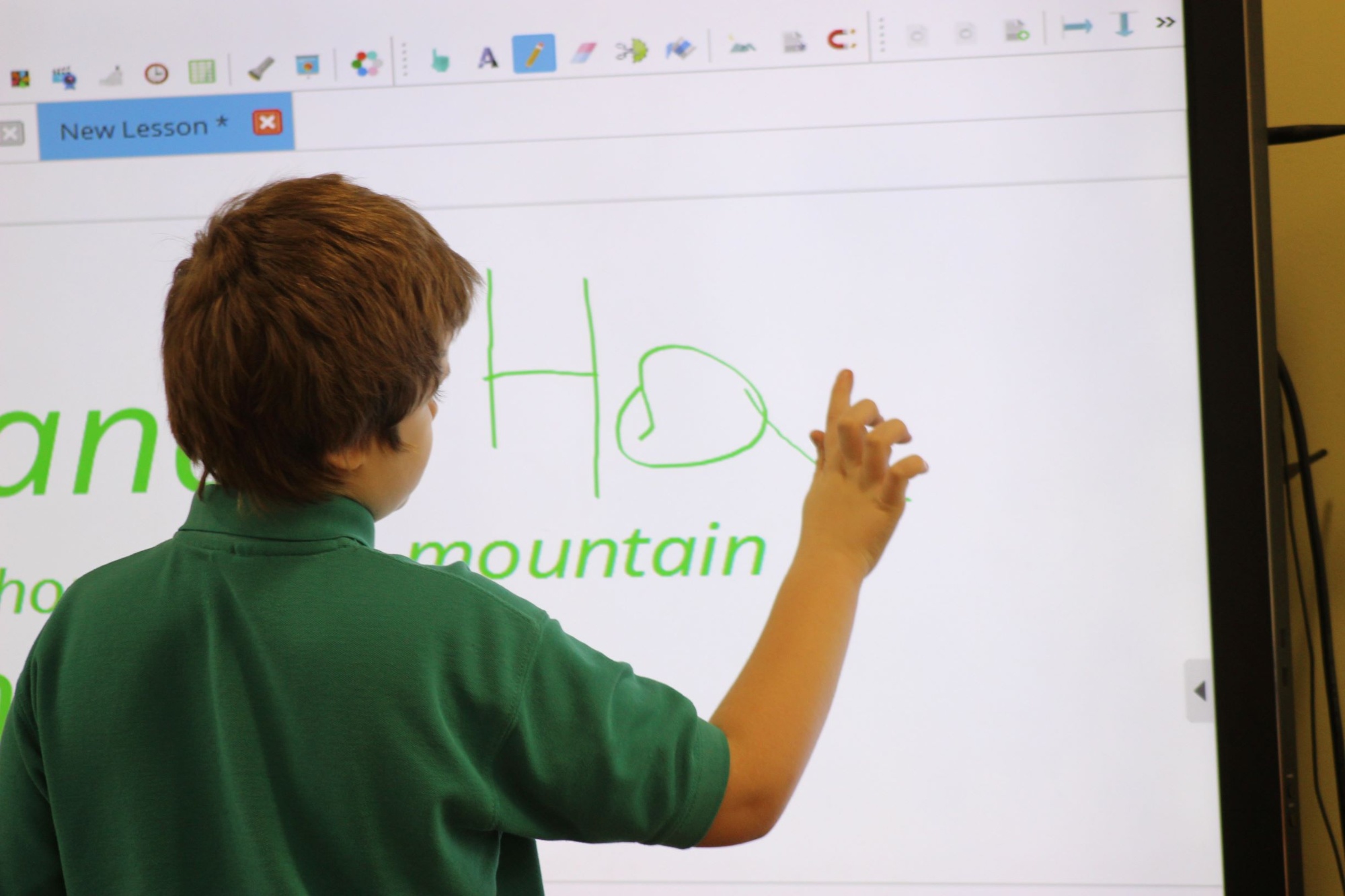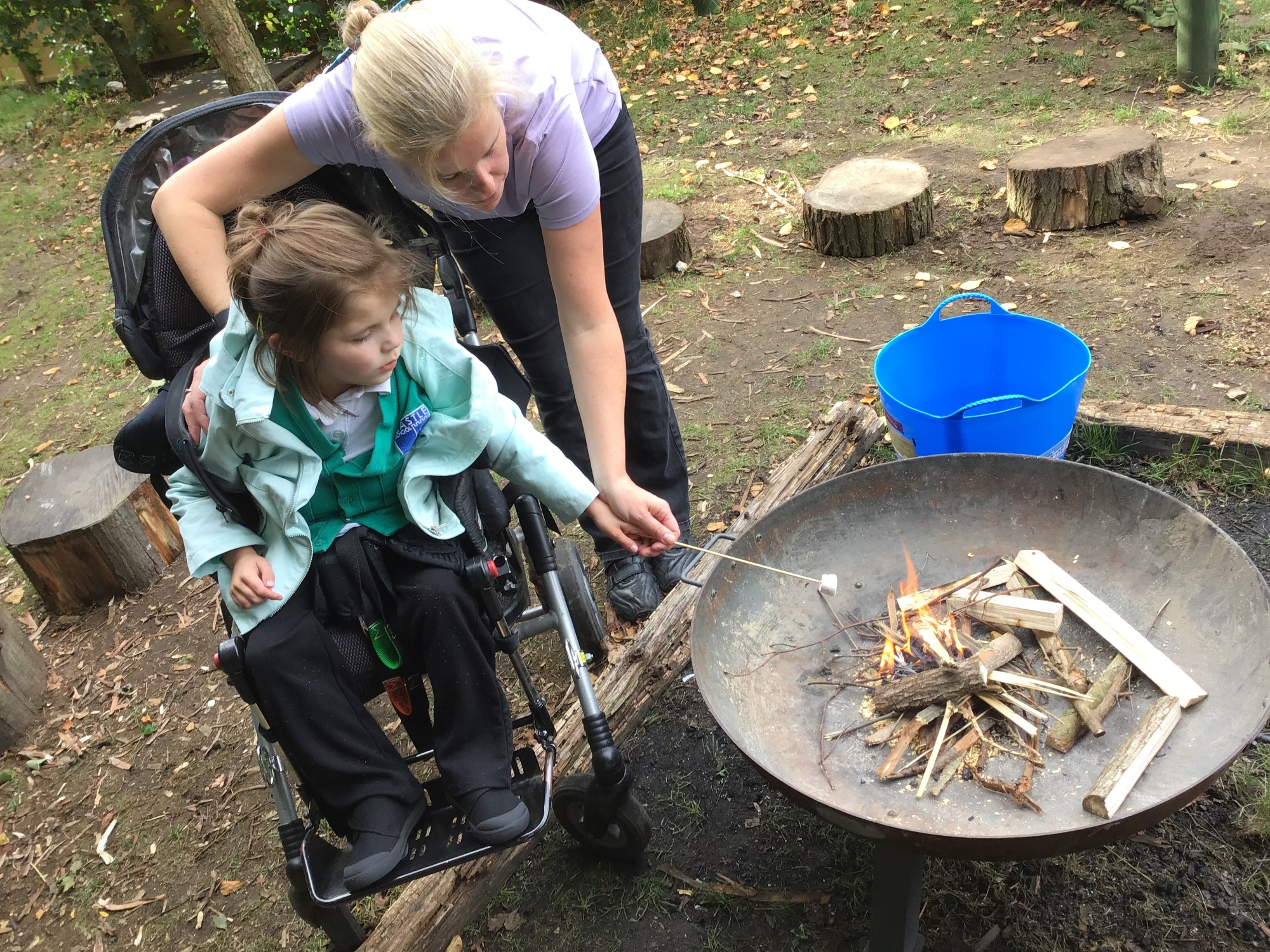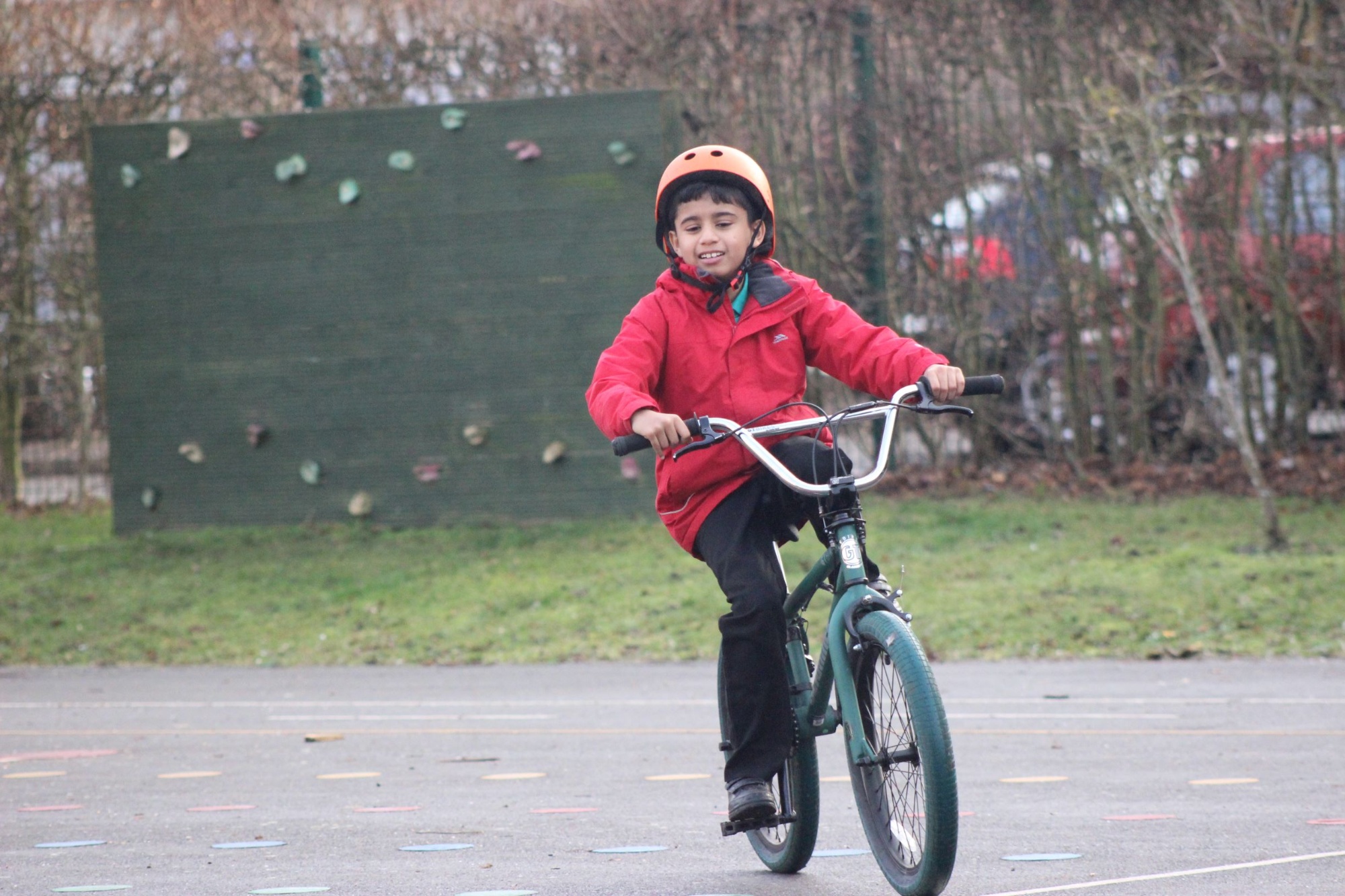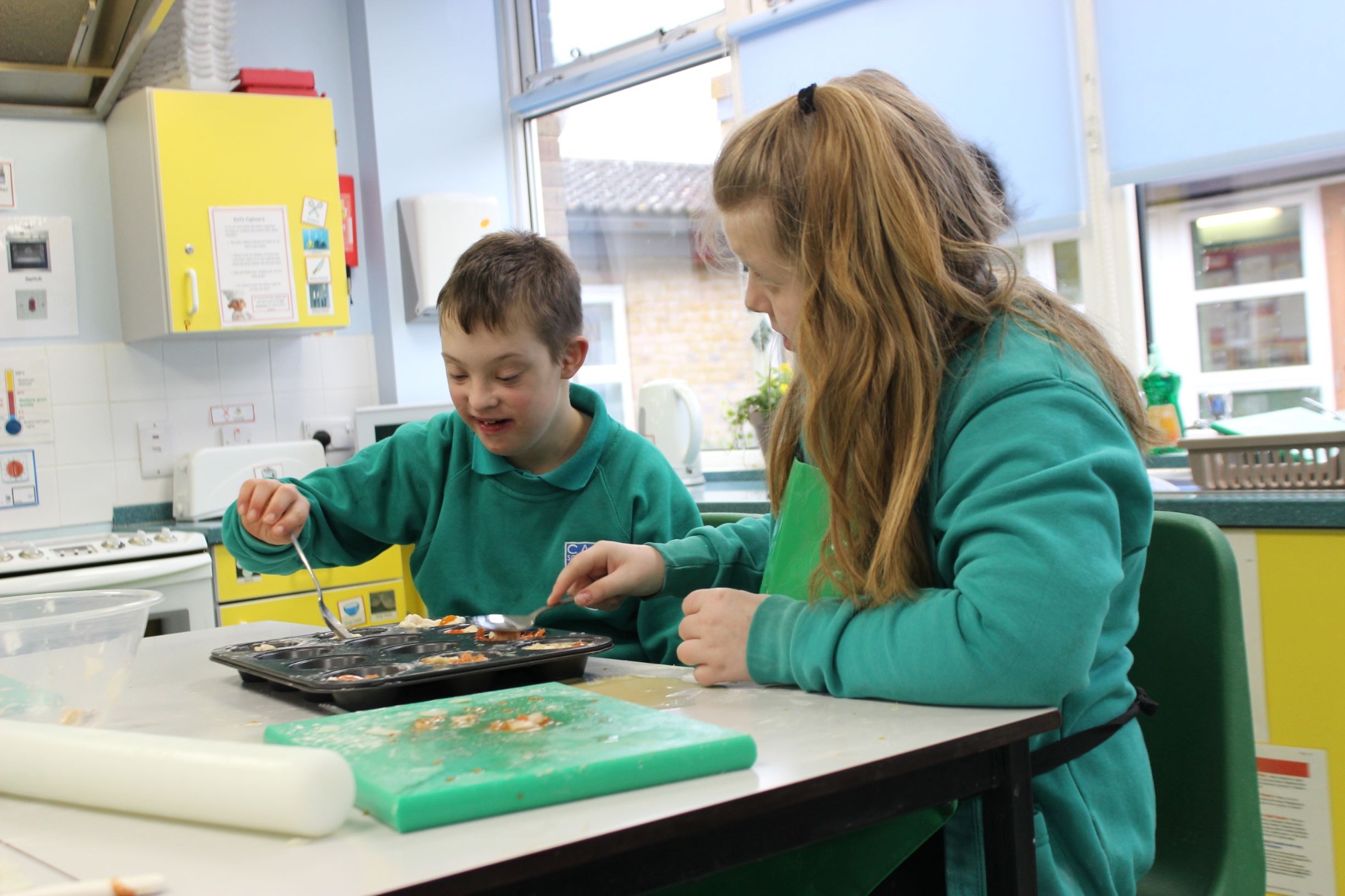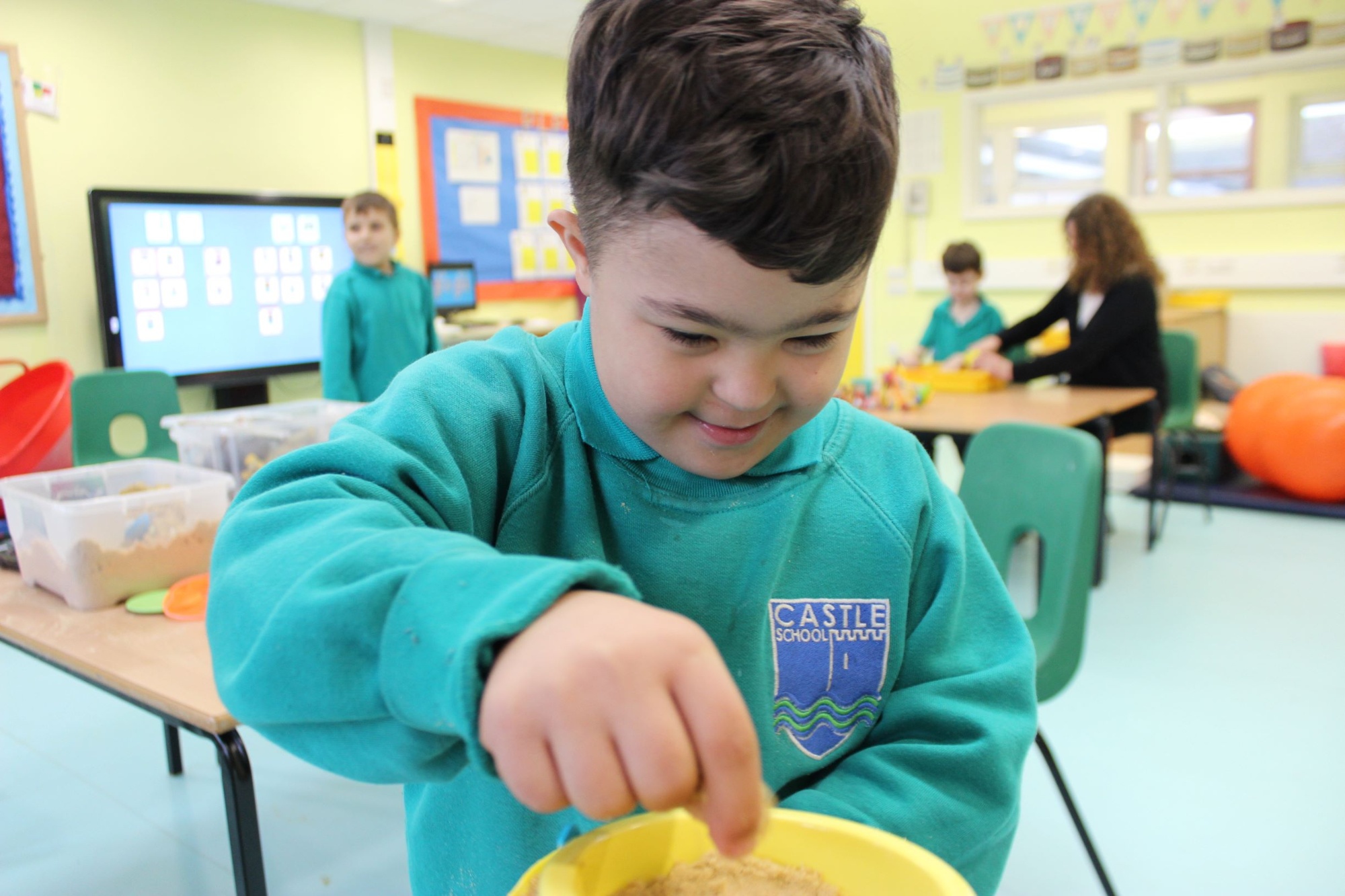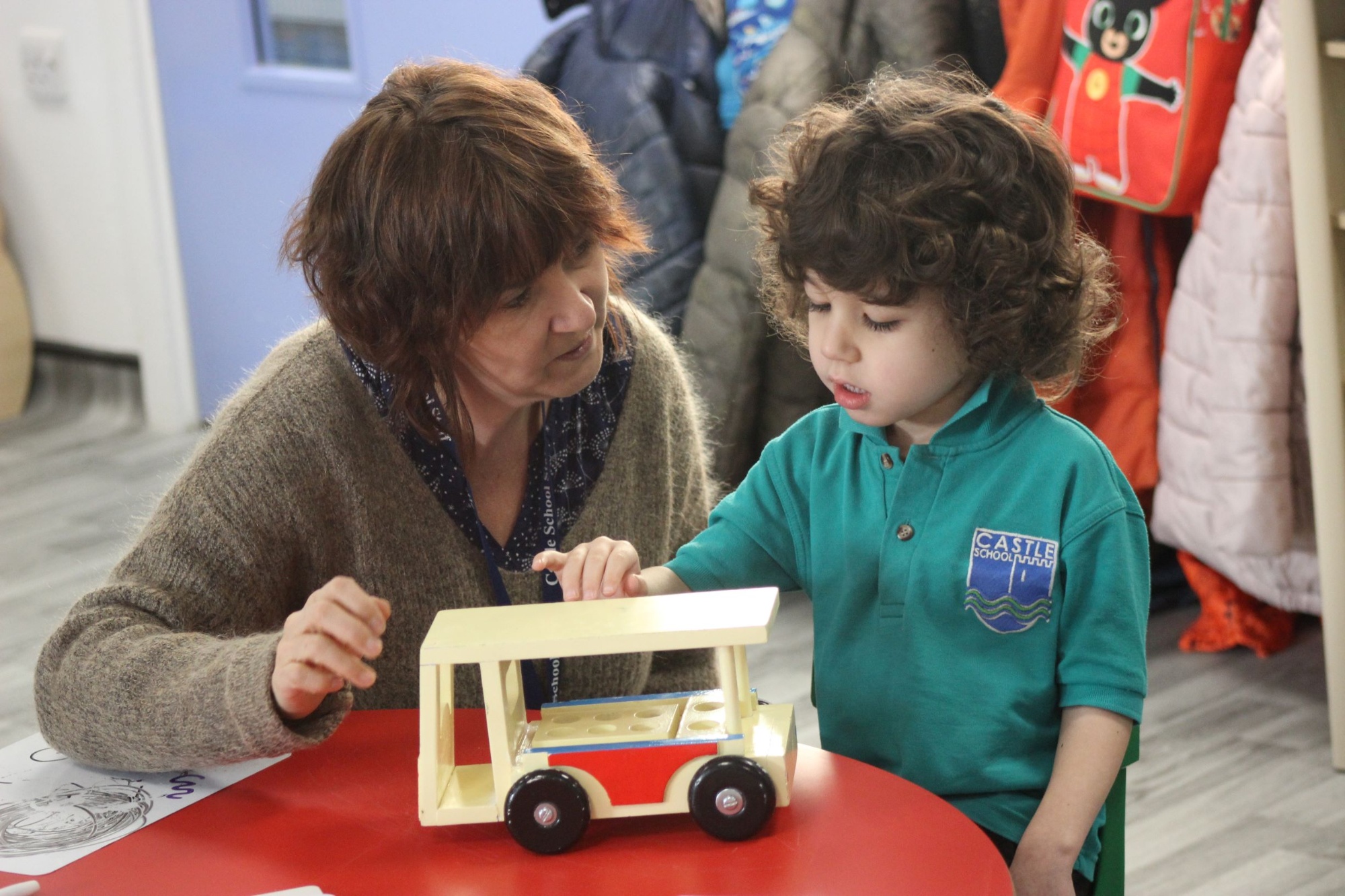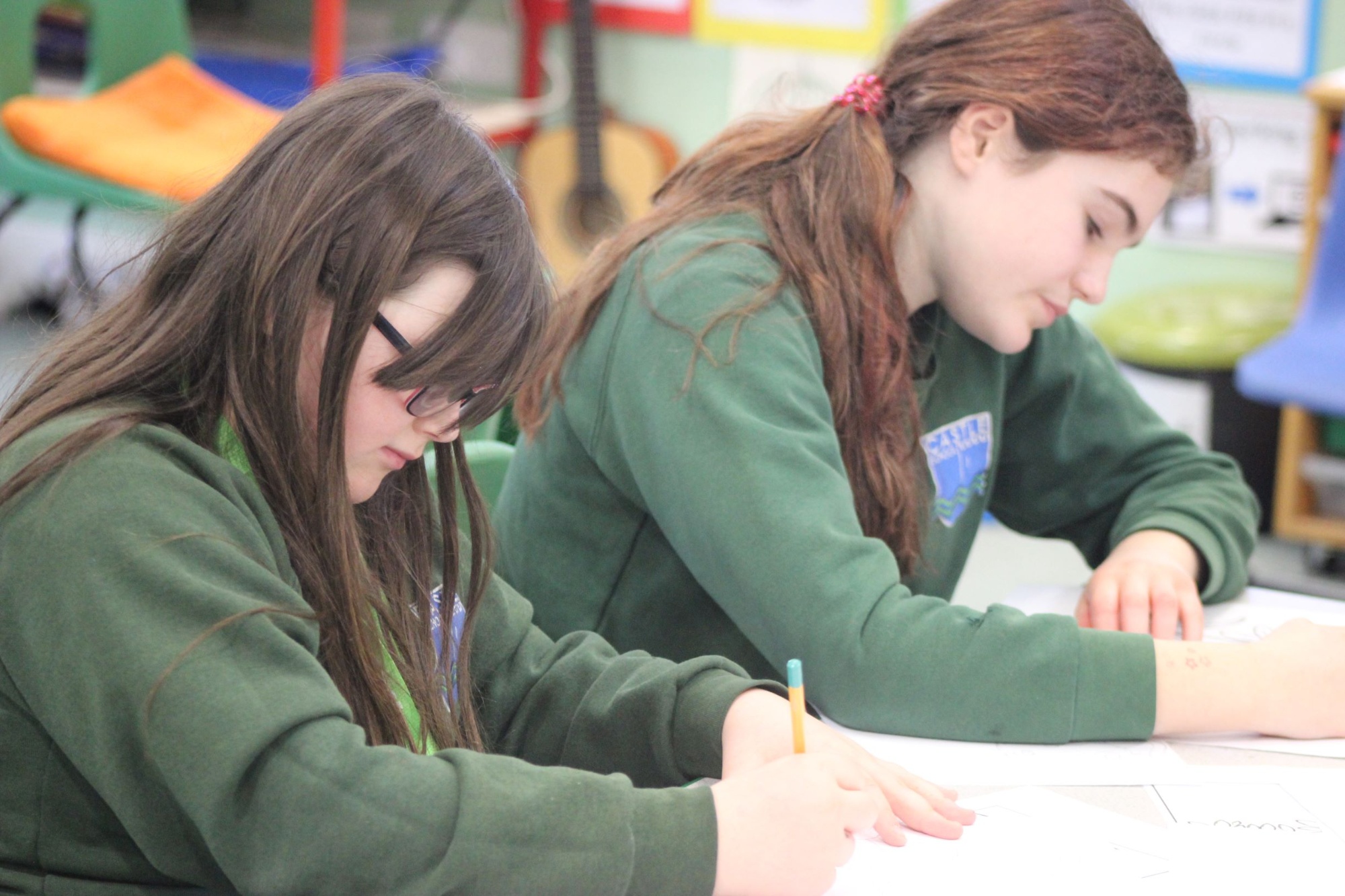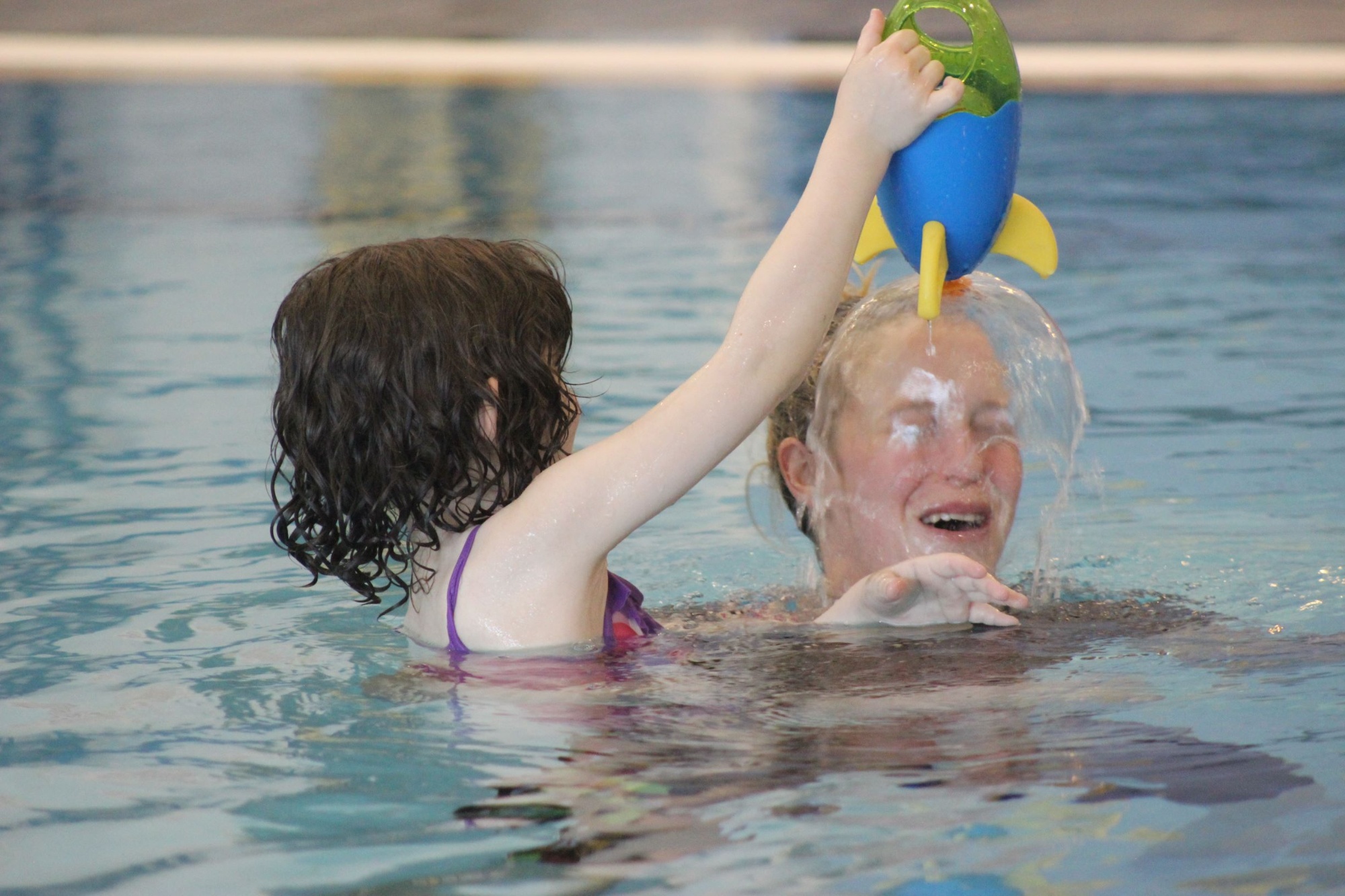Semi-formal English
Semi-formal literacy sessions are delivered by class teachers, following shared long-term planning within a key stage. The curriculum is set out in medium-term planning (which usually lasts for a half term) which is centred around a story (or a PSHE theme in Key Stage 5), providing a context for learning and allowing the children to generalise the skills they are learning and develop their ability to apply them to real life situations.
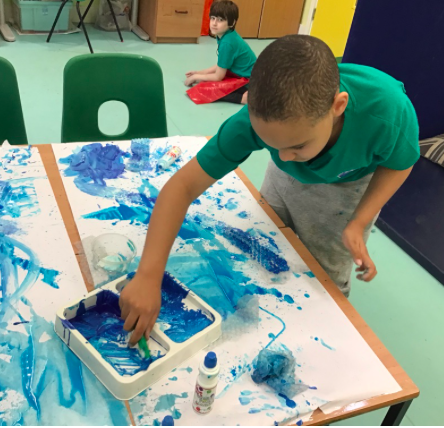
Stories are sequenced in a thematic cycle to expose learners to a rich variety of sensory experiences, concepts and vocabulary. Activities are built around rhythm and rhyme, sensory play, props, and acting (dressing up as characters). Some semi-formal learners will be working at Phase 1 phonics and exploring early phonic awareness through interventions such as Rhyme Time. Some will be beginning to develop their awareness of letters and sounds, progressing through phases 2 – 5 of phonics and beyond.
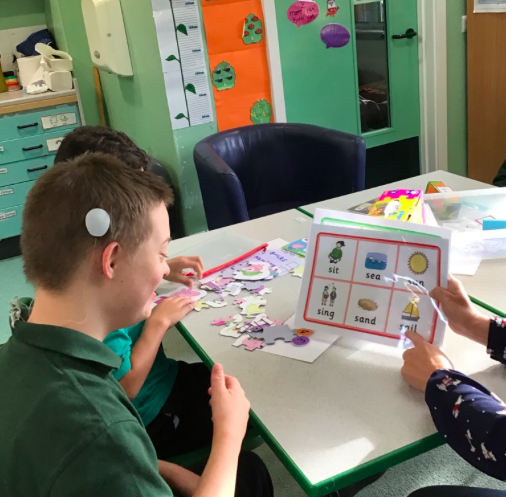
Semi-formal literacy is also embedded across the curriculum. Depending on pupil need, some semi-formal teachers may not deliver subject-specific literacy sessions, instead embedding literacy across the day in activities and interventions such as squiggle while you wiggle, playdough disco and mark-making (to lay the foundations for handwriting), Lego Therapy, role play and Identiplay (to develop communication and interaction), and attention building (to develop speaking and listening skills and experience key vocabulary from the story). In some semi-formal classes, short sessions of focused literacy input are combined with an embedded cross-curricular approach.
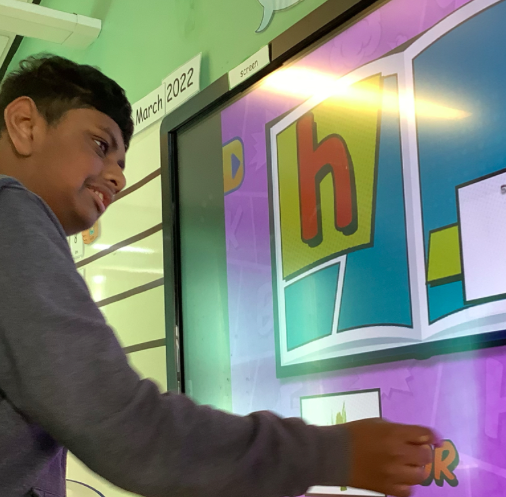
For more information about the many interventions, approaches and techniques we use to build a bespoke literacy curriculum for each semi-formal learner, click on an intervention on the right.

